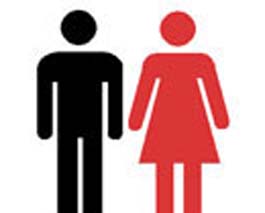
The financial and economic crises of 2008 had gender-specific impacts and placed a disproportionate burden on women, in particular poor, migrant and minority women. Even though both women and men are affected by job losses, women are often laid off first, as men are traditionally considered to be the main “breadwinners”. Some of the implications of the global financial and economic crisis on women are:
* Lower wages: Women are at a risk of losing their jobs first and are often do not have much negotiating power. Low wages, particularly in countries without social safety nets, makes the impact on women even more severe.
* Greater unemployment: Employment losses or a slowdown in job growth is expected to contribute to growing unemployment. This finds women at the risk of being hired last and dismissed first.
* Drop in remittances: Developing countries will be affected by the drop in remittances from family members in developed economies. Remittances give women greater autonomy and control over family matters.
* Drop in informal sector demand: Women in the informal sector, including agricultural laborers, home-workers, traditional artisans, weavers and vendors, are particularly affected, as economic crises tend to significantly reduce the demand for outputs produced in this sector.
* Drop in access to finance: Women are the majority of clients of micro finance institutions (85% of the poorest 93 million clients of MFIs in 2006)[1]and their access to such credit is expected to decline owing to the liquidity problems in the financial sector. This is significant particularly in Latin America and ECA, where micro finance institutions obtain a significant portion of their lending from commercial rather than concessional (grant) sources.[2]
* Increased stress and violence: As food and fuel prices soar, adding stress and hardship to families, incidents of violence against women and communal violence increase.
See full Article.



